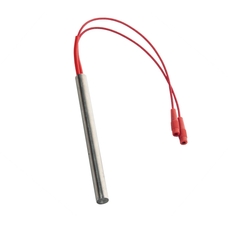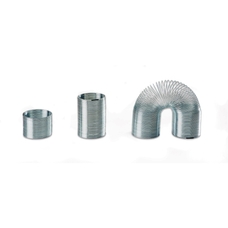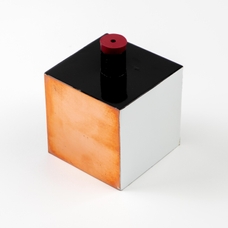SEP Energymeter
SEP Energymeter
Product code: B8R07406
Product Description
The SEP Energymeter can be used without a computer: designed to be simple enough for KS3 students to use, and flexible enough for more advanced use at KS4 and beyond. It just requires a supply and a load to be plugged into the meter, for example, a solar panel and a motor, and the meter will display the values of the power and the energy transferred.
For simplicity, the instrument automatically adjusts the display to show suitable units and an appropriate number of decimal places so that it can deal with a very wide range of values (e.g. for energy, from 100 nanojoules up to 1.75 megajoules).
Energy is a concept that many students find difficult. There are many opportunities to use the SEP Energymeter for practical activities in a wide range of topics across the curriculum. By enabling pupils to get hands-on experience of measuring energy, they can gain a better understanding of a key idea about energy that often gets lost - that energy is a quantitative concept that is used to solve problems and answer real questions.
- Current Range: ±7A (current can flow in either direction)
- Voltage Range: ±25V
- Log Memory: 2500 samples
- Log Sample Period: 1, 2, or 4 seconds
The meter can be powered over USB or using a 5V mains adaptor (included).
- Key Stage 3 Physics - Energy: Comparing power ratings of appliances in watts (W, kW). Comparing amounts of energy transferred (J, kJ, kW hour)
- Key Stage 4 Physics - Electricity: Power transfer related to p.d. and current, or current and resistance
- Key Stage 4 Physics - Energy: Power as the rate of transfer of energy.
- Key Stage 4 Physics - States of Matter: Calculating energy changes involved on heating, using specific heat capacity; and those involved in changes of state, using specific latent heat.
Further Information
- Age Recommended from
- 11 Years
- Brand
- SEPUnbranded
- Current Range
- ±7A
- Log Memory
- 2500 samples
- Log Sample Period
- 12or 4 seconds
- Power Supply
- USB or 5V Mains Adaptor
- Product Type
- Energymeter
- Voltage Range
- ±25V
The SEP Energymeter can be used without a computer: designed to be simple enough for KS3 students to use, and flexible enough for more advanced use at KS4 and beyond. It just requires a supply and a load to be plugged into the meter, for example, a solar panel and a motor, and the meter will display the values of the power and the energy transferred.
For simplicity, the instrument automatically adjusts the display to show suitable units and an appropriate number of decimal places so that it can deal with a very wide range of values (e.g. for energy, from 100 nanojoules up to 1.75 megajoules).
Energy is a concept that many students find difficult. There are many opportunities to use the SEP Energymeter for practical activities in a wide range of topics across the curriculum. By enabling pupils to get hands-on experience of measuring energy, they can gain a better understanding of a key idea about energy that often gets lost - that energy is a quantitative concept that is used to solve problems and answer real questions.
- Current Range: ±7A (current can flow in either direction)
- Voltage Range: ±25V
- Log Memory: 2500 samples
- Log Sample Period: 1, 2, or 4 seconds
The meter can be powered over USB or using a 5V mains adaptor (included).
- Key Stage 3 Physics - Energy: Comparing power ratings of appliances in watts (W, kW). Comparing amounts of energy transferred (J, kJ, kW hour)
- Key Stage 4 Physics - Electricity: Power transfer related to p.d. and current, or current and resistance
- Key Stage 4 Physics - Energy: Power as the rate of transfer of energy.
- Key Stage 4 Physics - States of Matter: Calculating energy changes involved on heating, using specific heat capacity; and those involved in changes of state, using specific latent heat.
Further Information
- Age Recommended from
- 11 Years
- Brand
- SEPUnbranded
- Current Range
- ±7A
- Log Memory
- 2500 samples
- Log Sample Period
- 12or 4 seconds
- Power Supply
- USB or 5V Mains Adaptor
- Product Type
- Energymeter
- Voltage Range
- ±25V





